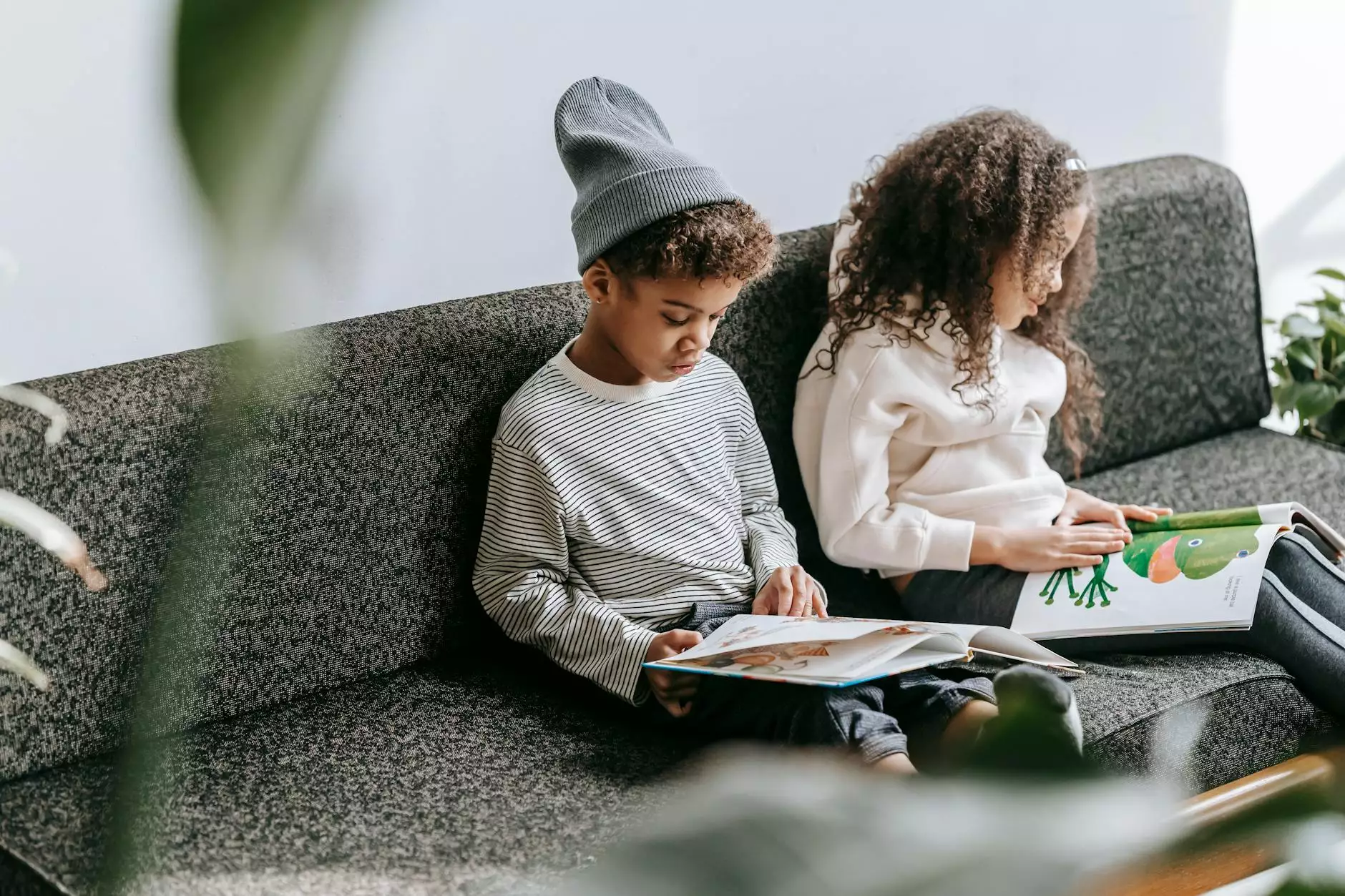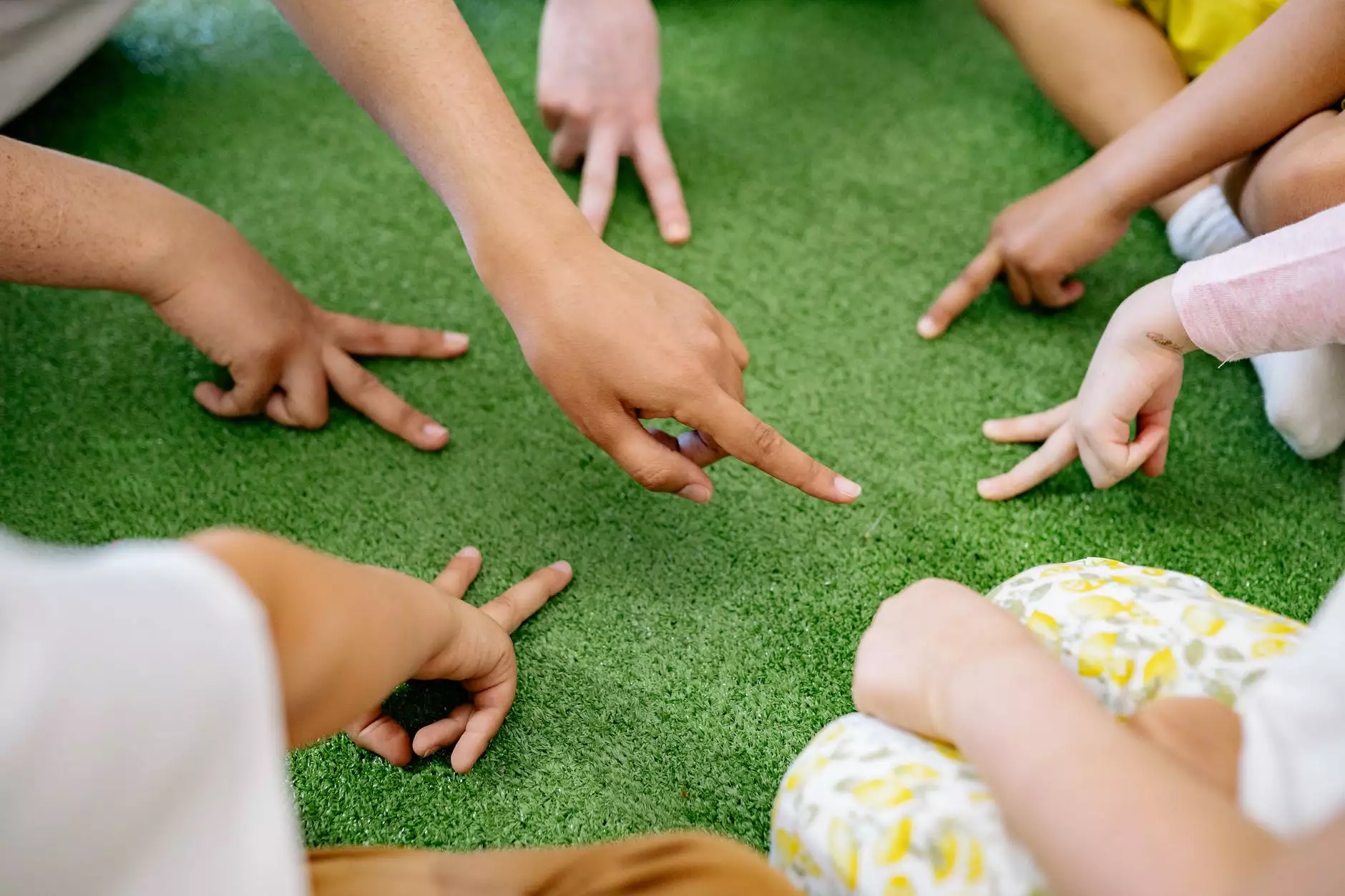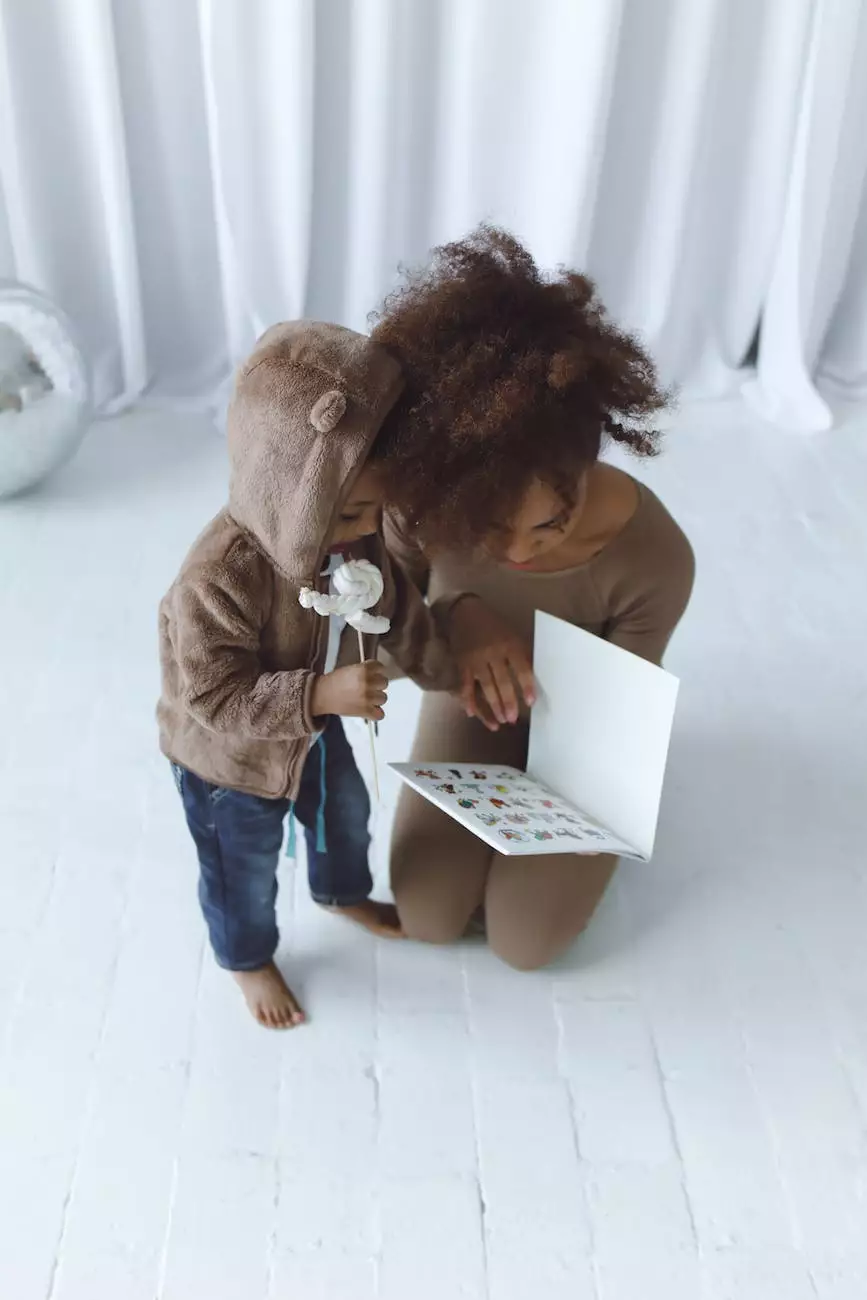What Should My Five-Year-Old Be Learning?

Introduction
As parents, we constantly strive to provide the best opportunities for our children's growth and development. Understanding the essential skills and knowledge that five-year-olds should acquire is crucial to ensure their optimal learning experience. At The Knowledge Nest, we are dedicated to empowering parents with valuable insights and guidance in nurturing young minds.
Early Childhood Education
Early childhood education plays a vital role in laying a strong foundation for a child's future academic and social success. At the age of five, children are at a crucial stage where they are ready to explore and absorb knowledge at a rapid pace.
Language and Literacy
Developing language and literacy skills is a top priority for five-year-olds. Encouraging their love for reading and exposing them to a wide range of age-appropriate books helps foster their vocabulary, comprehension, and communication abilities. Reading together as a family not only strengthens the parent-child bond but also creates a lifelong passion for learning.
Mathematics and Numeracy
Introducing basic mathematical concepts and numeracy skills at a young age promotes critical thinking and problem-solving abilities. Five-year-olds can engage in counting, sorting, recognizing shapes, and exploring simple addition and subtraction. Incorporating math into daily activities provides practical applications and enhances their numerical understanding.
Science and Discovery
Curiosity and exploration are natural characteristics of five-year-olds. Encouraging scientific thinking through hands-on experiments, nature walks, and simple investigations instills a sense of wonder and discovery. Nurturing their inquisitive minds cultivates a lifelong passion for learning about the world around them.
Social and Emotional Development
At this stage, social and emotional development becomes increasingly important. Building healthy relationships, empathy, and self-regulation skills lay the groundwork for positive interactions with peers and adults. Encouraging open communication, teaching problem-solving strategies, and modeling positive behavior support their emotional well-being.
Physical Education and Health
Physical education and health play a crucial role in a child's overall development. Encouraging active play, engaging in sports, and promoting a balanced diet and healthy habits contribute to their physical fitness and well-being. Five-year-olds should be given ample opportunities for running, jumping, climbing, and engaging in age-appropriate physical activities.
Art and Creativity
Exploring and embracing creativity is essential for young children's development. Five-year-olds should have access to various art forms, such as drawing, painting, and crafting. Encouraging imaginative play and providing materials for self-expression nurtures their creativity and helps develop their fine motor skills.
Conclusion
The Knowledge Nest understands the significance of early childhood education and provides valuable resources for parents seeking guidance on what their five-year-old should be learning. By focusing on language and literacy, mathematics and numeracy, science and discovery, social and emotional development, physical education and health, as well as art and creativity, parents can enhance their child's growth and prepare them for future academic success. Together, let's create a bright and promising future for our little ones.










